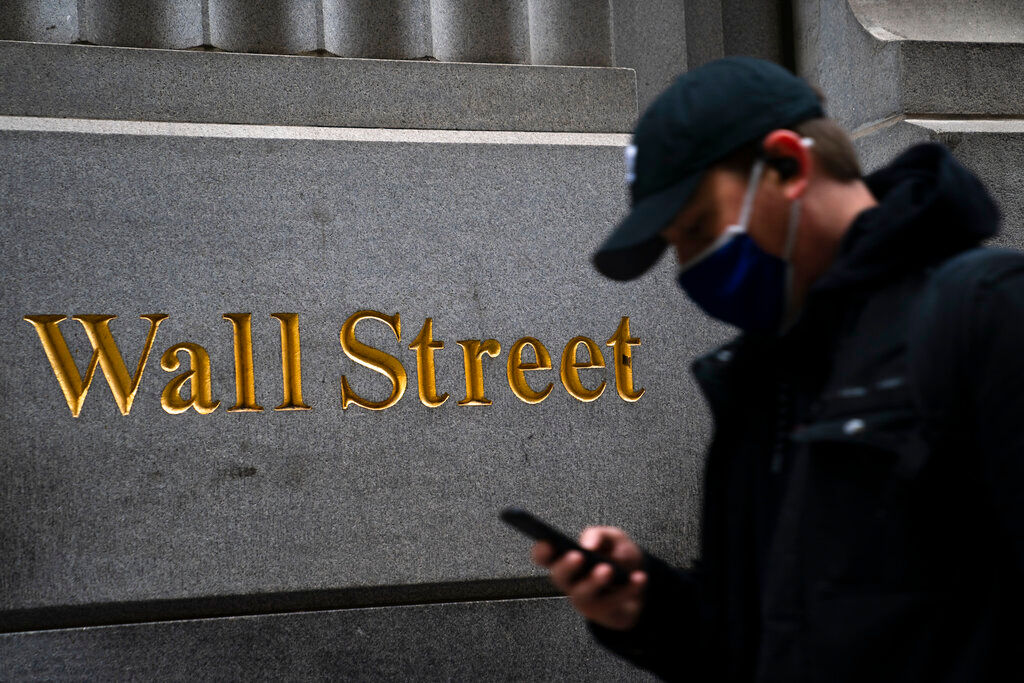After another rough day of trading on Wall Street, stocks dipped and oil prices pulled back Thursday, as markets remained concerned about the larger implications of Russia’s invasion of Ukraine.
For much of the day, major indexes were up and down before a late-day plunge put them into the red. The S&P 500 shed a 0.7% gain to close 0.5% lower, while the Dow Jones Industrial Average fell 0.3%. The Nasdaq composite fell 1.6%, weighed down by technology stocks, which accounted for a big share of the market’s decline. The pullback left the indexes on pace for weekly losses.
Bond yields were mostly steady. The yield on the 10-year Treasury slipped to 1.85% from 1.86% late Wednesday.
Stocks rallied a day earlier after Federal Reserve Chair Jerome Powell said he favoured a modest interest rate increase at the Fed’s policy meeting in two weeks, bringing relief to investors who had feared he would back more aggressive moves to fight inflation.
The S&P 500 fell 23.05 points to 4,363.49. The Dow slid 96.69 points to 33,794.66. The Nasdaq dropped 214.07 points to 13,537.94. Smaller company stocks also lost ground. The Russell 2000 index fell 26.46 points, or 1.3%, to 2,032.41.
Communication stocks, retailers and other companies that rely on direct consumer spending had some of the broadest losses. Sectors that are viewed as less risky, including utilities and household goods makers, gained ground.
The London Stock Exchange said it had suspended trading in shares of 27 companies with links to Russia, including some of the biggest in energy and steel, such as Lukoil, Gazprom, Sberbank, Rosneft and Magnitogorsk Iron & Steel Works. Those shares lost most of their value prior to the suspension. Rosneft shares dropped from $7.91 on Feb. 16 to 60 cents on March 2, while Sberbank shares plunged from $14.90 to 5 cents in that same time frame.
Trading on the Moscow exchange remained closed Thursday. Russia’s ruble lost another 15% against the U.S. dollar and is worth less than 1 cent. It has plunged since Western governments imposed sanctions that cut off much of Russia’s access to the global financial system.
Leaders of OPEC and other major oil-producing countries are sticking with plans to gradually increase oil production. Meanwhile, the U.S. and other major governments in the International Energy Agency plan to release 60 million barrels from strategic reserves to boost supplies.
The price of U.S. benchmark crude oil fell 2.6% to $107.67 a barrel and Brent crude, the international standard, fell 2.2% to $110.46. Both are still up more than 17% for the week.







